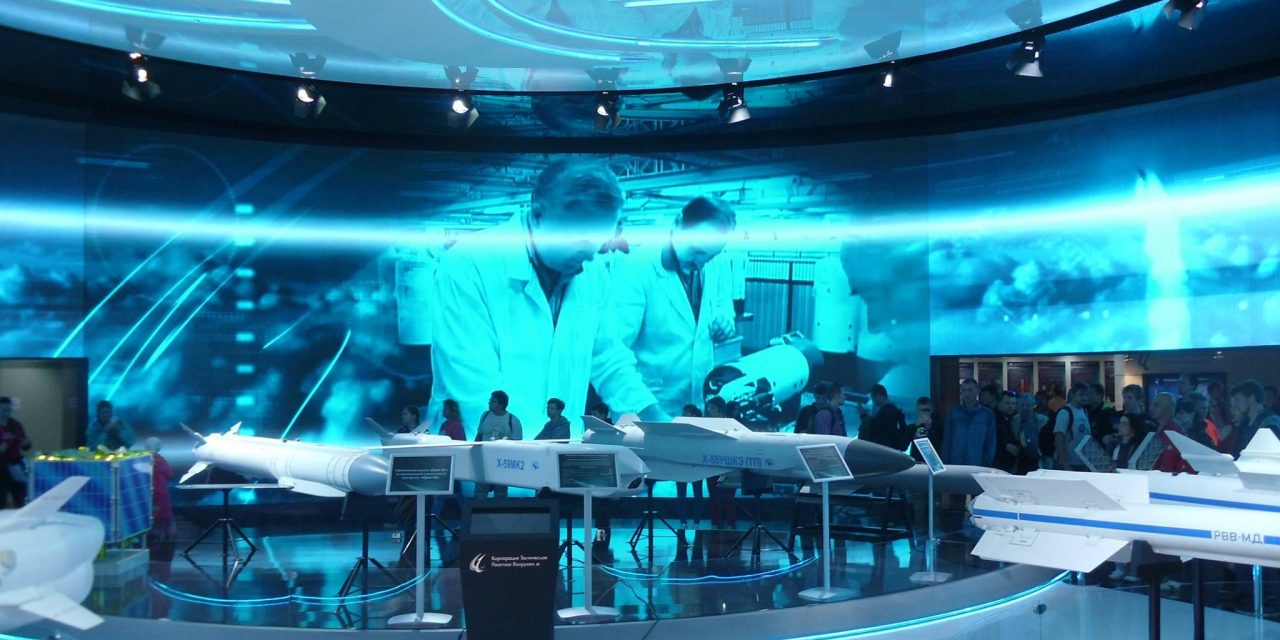Europe’s response to AI and robotics shows an obsession with rules over innovation and a lack of understanding at how the world is changing.
In March this year, the European Commission’s ‘European Group on Ethics in Science and New Technologies’ issued a statement on Artificial Intelligence (AI), Robotics and Autonomous Systems.
It noted the rapid changes taking place in this field as computers and robots advance second by second. One program went from launch to grand-master chess champion in just four hours, leaving even its creators wondering how that was possible!
Billions are being poured into the development and rollout of AI, and given the benefits of integrating the functionalities and new possibilities in robotics with our own bodies, this is a sphere which will keep developing t great speed.
The Commission’s group on ethics, along with the European Parliament, have both called for Europe to lead the world in developing a moral, ethical and legal framework in which AI can operate and be controlled. Given than that humans must always be left in control to maintain accountability and responsibility, the Commission called for humanity to choose the values that computers, AI and robots serve; for humanity to choose “what is morally relevant”, and to decide on what it is we want from technology, and how it should serve us.
As is normal for a Commission document however, it called for the EU Charter of Fundamental Rights and the EU Treaties to serve as the basis of these developments; and it was inward looking, focusing on Europe at the expense of the wider world.
There are numerous problems and errors in the Commission’s thinking.
First, it was noted that the EU recognises the centrality of the human being as a core European value. Yet from where did this value come, if not from the EU’s Christian heritage, where the human is made in the image of God? That same Christian heritage is precisely what the EU excluded from the Treaty of Lisbon, and what is being challenged by the ‘Rights’ movement, where the here-today-gone-tomorrow whims of modern society are placed above the wisdom of tradition and religion.
Next, the response to robotics and Lethal Autonomous Weapons Systems is entirely ethical. Europe can sit, discuss and stress over the morality of killer robots, but China and Russia will build them; the new world is one of immense danger, and those governments prepared to take risks and develop these military devices will be those governments who shape the future. All the moral condemnation in the world did not stop Russian forces taking Crimea, or China setting up new bases in the disputed waters of the South China Sea.
Third, the EU is seeking to project soft power by leading the world in the development of a moral and ethical framework based on the EU’s Treaties and Charter. The idea behind this is to place the EU at the centre of global regulation, meaning that, increasingly, what the world builds comes out of the EU base. Thus changes to the core of the EU will have global ramifications, cementing Europe’s centrality.
But this is the model currently collapsing in global finance. The UK, and then the United States, built a financial world based on their banks, their financial markets and their rules. This is why the Sarbanes-Oxley Act had global impact, and why the UK’s Anti-Money Laundering legislation has affected companies on the other side of the world.
Despite the centrality of the US/UK axis, Russia and China, leading a host of other states (including the EU), are chipping away at it. Russia is now largely immune to the effect of sanctions, while the US economy is dangerously reliant on China. Meanwhile, other countries around the world are developing their markets and opening up new opportunities for investment, ever weakening the West’s grip.
Europe’s idea to place itself at the heart of global regulation has been tried. It may work for a while, but it won’t work forever, especially given the EU’s other major weaknesses: the Euro, its declining global clout, declining populations, and rising frustration among the peoples at Brussels’s diktats.
The EU is seeking to take the lead over the development of Robotics and AI, yet has failed to realise the heartlands are in America and Japan, not places under European jurisdiction. As with all its projects, the Commission despairs that the EU is not a single entity; that the responses across it are not coordinated.
Rather than try to use this issue to grab more power to the centre, perhaps Brussels should look at those sectors in Europe that are flourishing in this sphere, and do all it can to aid and work alongside them. But don’t hold your breath.

